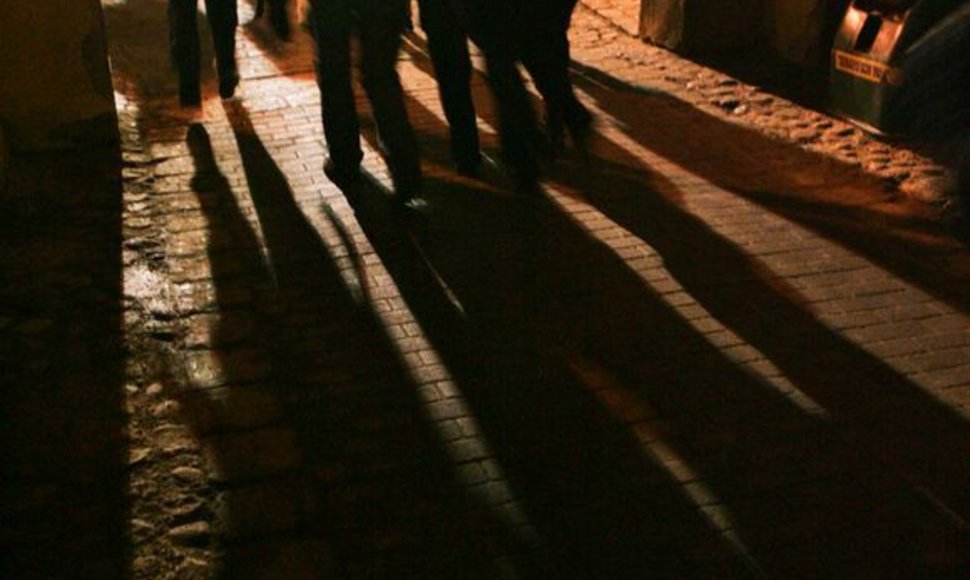"The understanding is different. When a person is asked to specify places with the highest risk of being attacked, they first think of places they don't know: dark, scary, remote alleys seem like places where something bad can happen," Egle Vileikienė, senior specialist of the Criminal Processes Control Division of the ministry's Public Safety Department, said on Thursday.
"The other thing is that people associate attacks with body injuries, whereas in fact, as the attack data show, criminal attacks usually involve crimes against property. Furthermore, there are cases of domestic violence – for some reason people believe that home is their fortress and they are safe there," she said.
According to the poll performed by Spinter Tyrimai (Spinter Surveys) on 13 September – 4 November, 64 percent of respondents think they could be attacked in remote location, while other locations include streets (50 percent), roads (48 percent) and places people spend their free time in (25 percent). Another 4 percent think they can be attacked at home and 16 percent said they could be attacked near their home.












